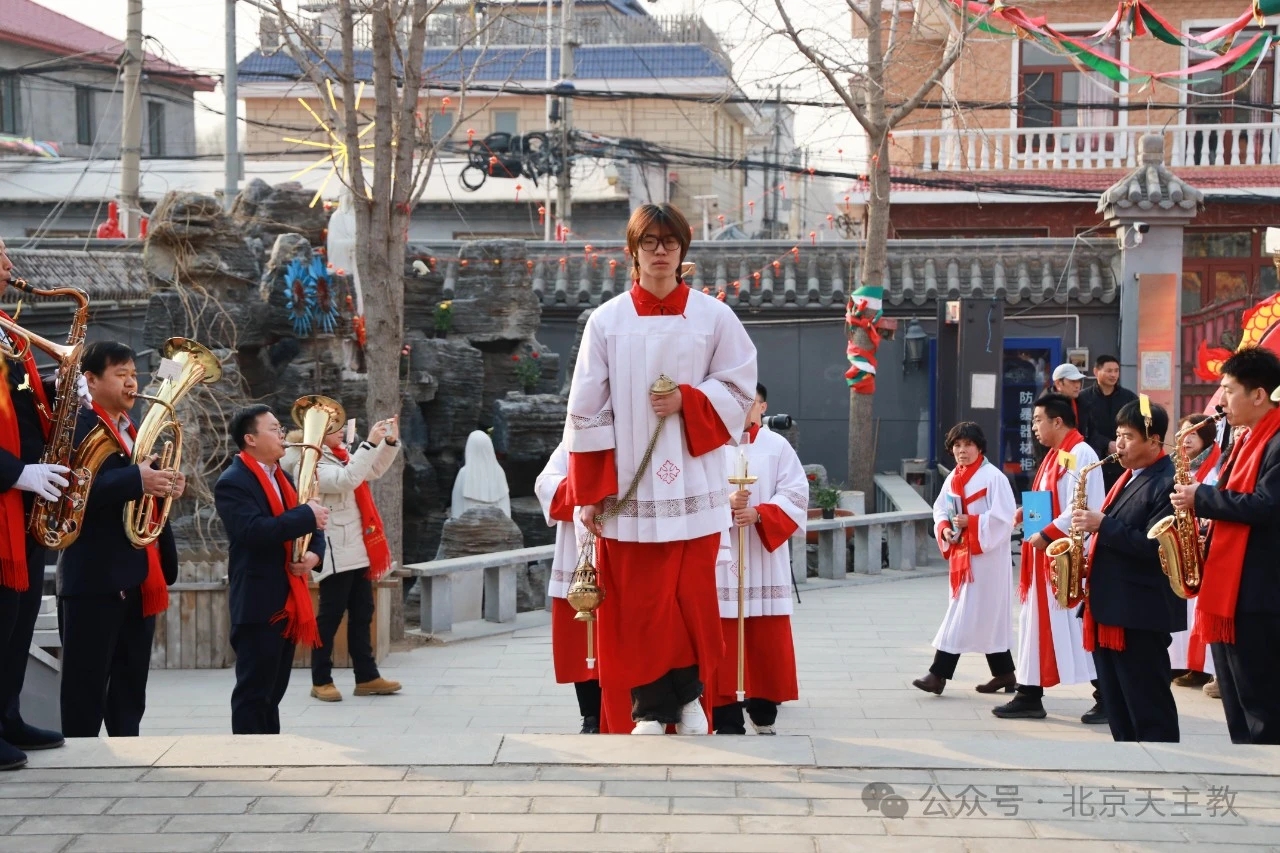China adds new restrictions on foreigners' religious activities
The authorities have announced “Detailed Rules” coming into effect on 1 May. Non-Chinese are asked to "respect independence and self-government" and obey the Party's instructions. Foreigners and Chinese are not allowed to take part in the same celebrations, while the number of books foreigners can bring in from abroad "for personal use" has been restricted. Extra tight control is the true face of sinicisation.
Milan (AsiaNews) – A new set of regulations published yesterday by the National Religious Affairs Administration (NRAA), the religious arm of he Communist Party of China’s United Front, will come into effect on 1 May, further restricting the religious activity of foreigners in the People's Republic of China.
The "Detailed Rules” clearly lay out in 38 articles the does and don’ts that foreigners of any denomination must submit in China. If they want to practise their religion, non-Chinese must ask permission from the appropriate authorities and abide by the rules established by the Party, acknowledging the principle of "independence and self-government" of religions in China.
As if this were not already clear enough, the new NRAA rules take the principle of “sinicisation" laid out by President Xi Jinping for all religions present in China to a new level.
Notwithstanding the desirable goal of inculturation in Chinese society and culture, all Chinese authorities really care about is control over what happens inside religious groups. Nothing must happen in temples, mosques and churches unless it is what the Party says.
While Xi and his government are doing their utmost to woe the heads of large multinationals to Beijing in order to encourage foreign investment to revive economic growth, the new NRAA guidelines go so far as to require that all forms of religious expression, even by foreigners, must be sinicised.
As one might have expected, the website of the Diocese of Shanghai, the city where China and the world meet, was one first to publish the new rules yesterday.
Of course, it is not as if there were no controls on the religious activities of foreigners in China. There certainly was no need for ad hoc regulation to establish that foreign men and women religious cannot violate the laws of the People's Republic of China. But the new regulations go much further.
Article 5 states that "foreigners who engage in religious activities in China must abide by Chinese laws, regulations, and rules, abide by the principle of China's religious independence and self-management, and accept the legitimate management of the Chinese government.
This means that “religion must not be used to harm national interests, public social interests or the legitimate rights and interests of citizens, and must not violate public order and good customs in China.”
This is clearly spelled out by decreeing that any religious activity, even among foreigners who are in China, must take place only within “official” places of worship or, if this is not physically possible because none exist in a particular place, only after obtaining the permission from the appropriate authorities controlled by the Party, following proper procedures.
In practice, this means Catholics are expressly banned from any contact with “underground” Catholic communities or those priests who in good conscience refuse to join the Patriotic Association.
Article 10 specifies that even in "official" churches and temples, religious activities for foreigners "must be presided by Chinese religious." Only “"where it is really necessary for foreigners to preside over religious activities", should a request be submitted to the local NRAA office.
Article 16, however, postulates a strict separation. “With the exception of Chinese religious who organise group religious activities for foreigners in China, only foreigners can take part in them.”
The guidelines also regulate the activities of foreign clergy who enter China for academic and cultural exchanges. Not only must these exchanges be authorised by the Party, but Article 21 states that anyone allowed into the country must not "speak or carry out actions hostile to China, hold extremist ideological tendencies or interfere with Chinese religious matters.”
With bureaucratic precision, the new rules go so far as to decree how many copies of books and audiovisual material on religious subjects foreign guests can take with them for personal use when they enter the People's Republic of China (never more than 10).
It will be necessary to obtain permission from the authorities to allow in more material, let alone disseminate it
Article 26 also specifies that "foreign organisations or individuals shall not recruit students studying abroad for the purpose of training new clergy within Chinese territory without authorisation.”
Finally, Article 29 lists a series of religious prohibitions that apply to any foreigner who is in China. This includes interfering in the activities of religious groups, holding unauthorised conferences or sermons, "recruiting followers among Chinese citizens," producing books or other material on religious subjects, accepting donations from Chinese individuals or organisations, conducting religious activities on the Internet.
The gist of all this is obvious: in China, there is no religious expression outside the control of the Party, even for foreigners, because all religions in China, including the Catholic Church, must accept to be autonomous and self-administered.
It seems clear that, as such, the universality of the Catholic Church can remain as a generic ideal reference, but only on the condition of total submission to national political directives, in an increasingly dangerous submission to the will of the Chinese government.
28/12/2020 14:27
24/12/2020 08:09
15/05/2018 14:19







.png)










